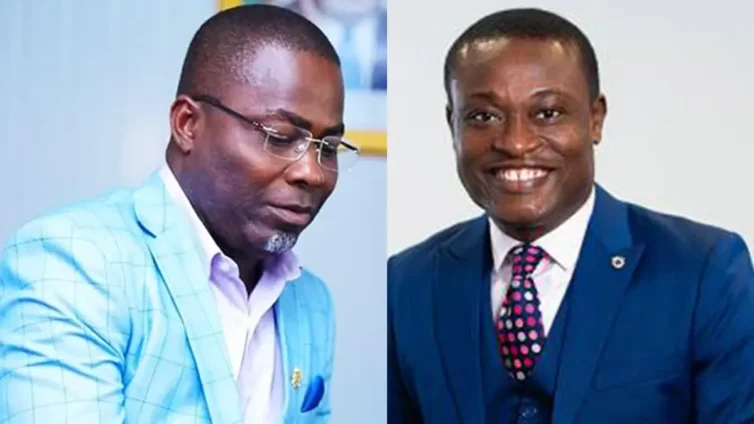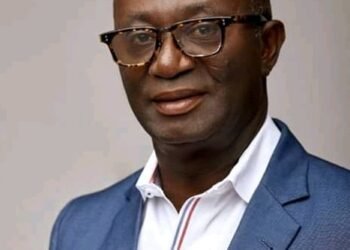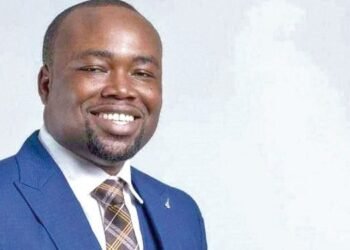Charles Bissue, former Secretary of the now-defunct Inter-Ministerial Committee on Illegal Mining (IMCIM), is once again at the centre of national attention, as he faces 15 criminal charges for alleged corruption and abuse of public office.
The Office of the Special Prosecutor (OSP) recently launched fresh legal action, renewing focus on the long-running Galamsey Fraud saga that has plagued Ghana’s fight against illegal mining.
Bissue, speaking through a statement, strongly rejected the accusations, maintaining his innocence in no uncertain terms.
“For the record, I categorically assert that I have always acted in full compliance with both the legal and ethical obligations of the office I held and the laws of the Republic of Ghana. Any suggestion of misconduct is baseless and will be vigorously challenged through due process.”
Charles Bissue
The charges stem from a 2019 undercover investigation by Tiger Eye P.I., titled Galamsey Fraud Part 1, which implicated Charles Bissue in taking bribes to facilitate mining license renewals.
Although previously cleared by the erstwhile government, the case was reopened by the OSP, which has now decided to prosecute.
According to the OSP’s charge sheet filed on April 28, Bissue, in his capacity as IMCIM Secretary between January and February 2019, is accused of accepting bribes totalling GHC35,000.
These payments were allegedly made by a certain Benjamin Adjapong—both directly and through Andy Thomas Owusu, Bissue’s co-accused—to fast-track the renewal of ORR Resources Enterprise’s expired mining licence.
The prosecution further alleged that in return, Bissue issued fake permits and stickers purporting that ORR Resources was in compliance with Ghana’s mining regulations.
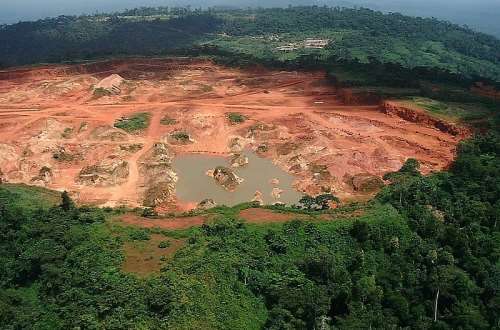
The scandal threatens to reignite public debate over the effectiveness of Ghana’s anti-corruption institutions and their ability to hold political actors accountable. However, Charles Bissue is undeterred.
“I welcome the OSP’s decision to proceed with this case after more than five years of deliberation. To ensure transparency and fairness, I expect the OSP to submit to the court a complete, unedited, and unaltered version of the video documentary referenced in these proceedings.
“Ghanaians deserve access to the unvarnished truth and factual evidence, free from distortion or misdirection by external narratives or selective interpretations.”
Charles Bissue
Charles Bissue Calls For Truth And Fairness
Furthermore, Charles Bissue highlighted the significance of the timing of the charges, pointing out that the prosecution is taking place under a new administration, separate from the one he previously served.
He suggested that this underscores the need for judicial processes to remain impartial and free from political influence.
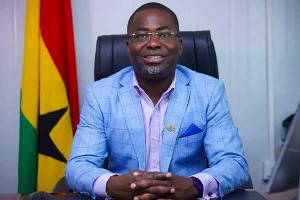
“It is my sincere hope that this process will allow all parties an equitable opportunity to present evidence and that the facts will be evaluated fairly, without bias. Above all, I firmly believe that the pursuit of truth and justice must prevail.
“I urge the public to respect the legal process and refrain from premature judgments. The people of Ghana deserve transparency, accountability, and a resolution rooted in the rule of law.”
Charles Bissue
The IMCIM itself, formed in 2017 to coordinate the state’s response to illegal mining or galamsey, was scrapped in 2021 following a string of corruption allegations, including the misappropriation of seized excavators and gold nuggets—issues that haunted its credibility throughout its existence.
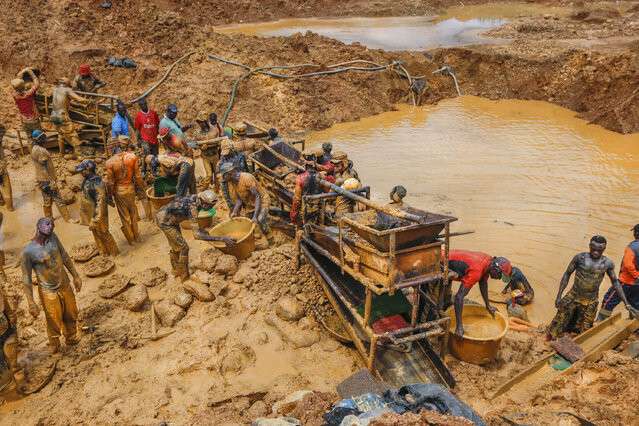
In a separate legal twist, the Human Rights Court in November 2024 dismissed the final in a series of attempt by Charles Bissue to block the OSP’s actions.
He had sought to stop the OSP from arresting or investigating him, arguing that any warrant issued was unlawful and part of a wider campaign to harass him.
But the court firmly rejected his claims. It ruled that Bissue had failed to prove the existence of any arrest warrant issued by the Kaneshie District Court.
According to the judge, the warrant was essentially a fabrication. As a result, the court not only dismissed Bissue’s suit but also slapped him with a cost of GHC10,000.
This ruling has cleared the way for the OSP to pursue its investigations unimpeded and strengthen its case in court.
As legal proceedings intensify, Ghanaians are left to watch closely. Whether Charles Bissue will be vindicated or convicted, the case has once again thrown into sharp relief the unresolved tensions between politics, corruption, and justice in the country’s mining sector.
What remains certain is that the fight against illegal mining cannot be won without a credible, impartial judicial process. And that process must not only be fair—but must also be seen to be fair.
READ ALSO: Afreximbank Unveils $3B Plan to Boost Intra-African Oil Trade

